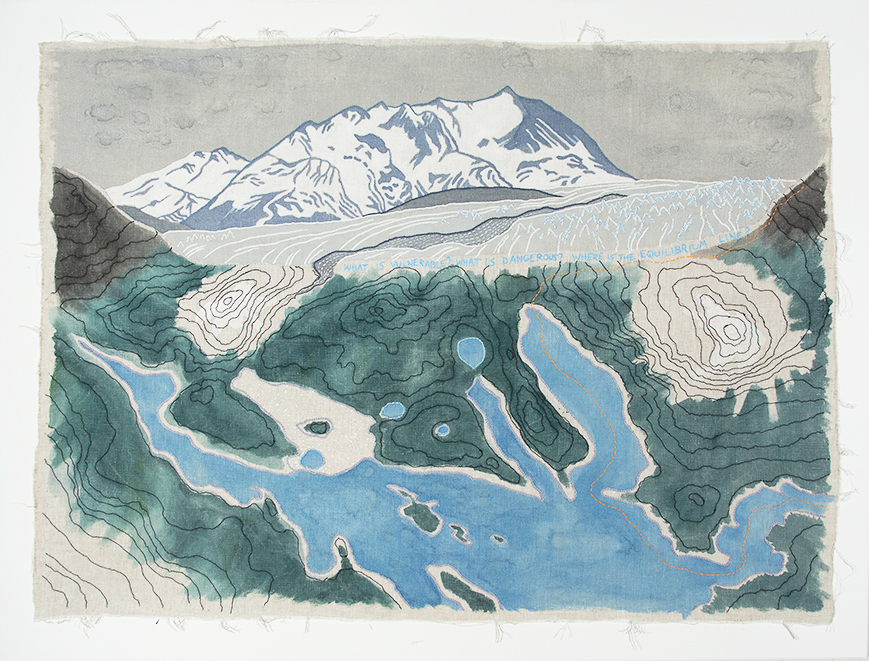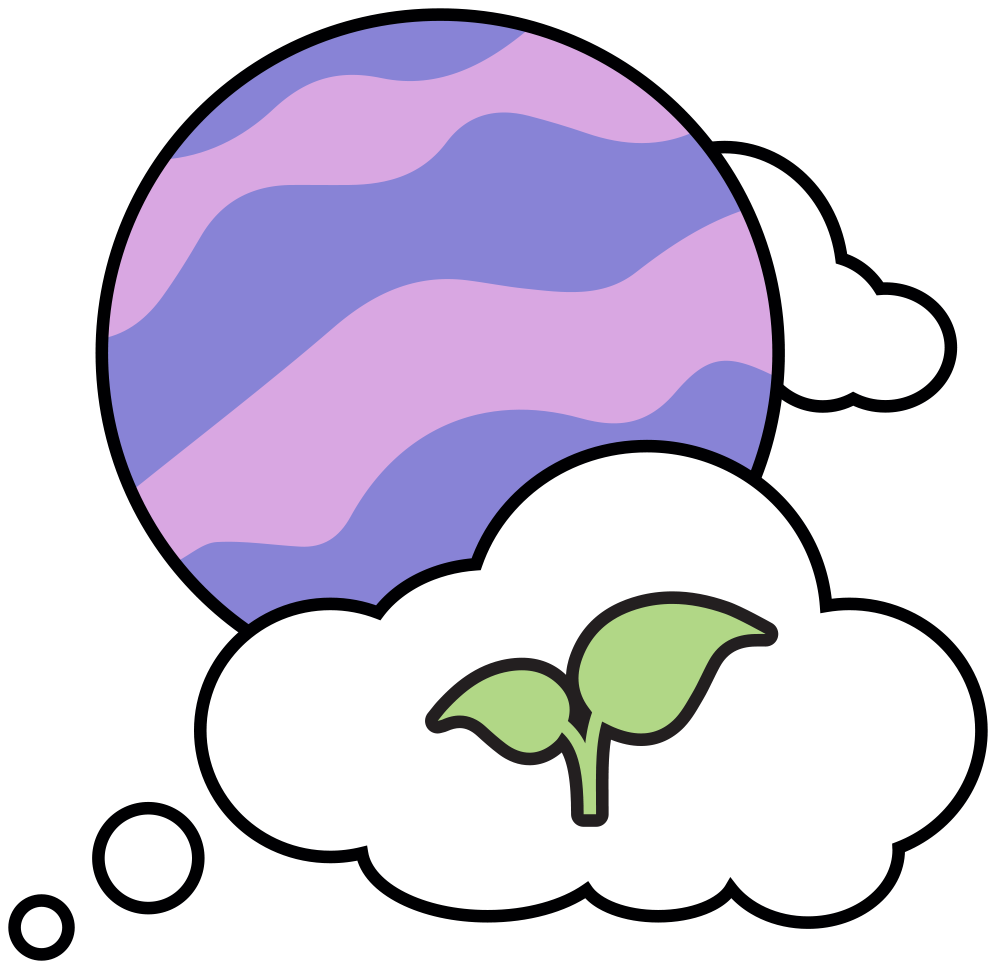
22 Sep DCC: an experience by Bettina Matzkuhn
At the outset, in the thick of the Covid 19 pandemic, it seemed we all had a sense of life as precarious. The Dreaming Climate Consciousness workshop allowed participants to talk in a disparate but respectful group of people about present and anticipated change. New ideas emerged while I had the sense that we were together in a tunnel, searching for light. Envisioning change and making a plan is the best way to keep anxiety at bay, even if there are setbacks.
I don’t often read science fiction but understand that it can be a world-building exercise rather than simply paranoia over bug-eyed aliens. Proposing a setting, a way of being, an ethos is more difficult than representing what exists now. DCC gave me that sense of looking forward as a touchstone. I never had a sense from our cohort that there was naïve optimism rather that people were focused on putting heads together towards a plan (something we’d like our elected officials to do).
What we have done/do to nature makes me ashamed. Shame, like anxiety, can be what Robert Pirsig calls a “gumption trap” preventing alternative solutions. I found many participants were concerned with social justice and a more community-oriented setting than a physical one. People longed for a new societal power dynamic -away from white supremacy and earth-pillaging. Ideas of reciprocity -to other humans and to the natural world– were important. I found it interesting that we often discussed the strength of community while many expressed the feeling that they should become more self-sufficient. I understood that to mean that personal responsibility is significant and contributes to how the greater group proceeds.
I don’t think of myself as a spiritual person. I am a plodding, earthbound thinker often preoccupied with practical concerns. It was challenging to address ideas of spirituality. But questions like “what does uncertainty do to spirituality?” arose. Some felt that a wave of spiritual awakening was imminent yet did not have specifics on how that would manifest in daily life. There seemed to be consensus that religions of all kinds should understand care for the planet as basic (morally obligatory) regardless of notions of an afterlife. And there was also an overarching respect for the Indigenous world view that everything is alive and worthy of respect. Perhaps addressing the spiritual could lead to a more collaborative, less competitive outlook.
I felt a resonance with others in the group that had skepticism around technology. It can be used to oppress nature or to help minimize human impact. It might be used to enhance nature, but how and for whom? Technology can be hacked and corrupted. I constantly carry this ambivalence -enjoying zoom lectures I could never attend otherwise, but giddily happy to set my “out of office” email auto-response so I can go outdoors. I share that skepticism, leery of those who propose to solve everything with technology. It is important to acknowledge the fraught relationship technology has to nature. Many of us were also concerned about technology’s role in education. Flat screens isolate us from the growing, decaying, transforming world. Gadgetry detracts from actually knowing how to make and repair things. Perhaps, in the future, people would cultivate and collect know-how instead of monetary wealth.
My character used material from worn sails (as ships returned to wind power) to make insulating blankets for the glaciers. I still fantasize about how I might do that -a kind of glacier cozy, keeping it from the voracious sun. How can one’s small works make a difference? And, in the interaction of the various characters we invented, how does my character act with kindness and offer effective contributions?
My character reflected my increasing fear of hunger, destructive mobs, and homelessness all due to the shortages and conflicts that seem inevitable. Climate catastrophe makes us poorer, even as the group acknowledged that there will always be a small percentage of people who think they are exempt. Will scarcity make us into hoarders? My parents experienced hunger after the war’s end in Germany 1945-6. They describe people fighting over food, people trading gold for a loaf of bread. I know I have led a very lucky life to have never experienced this but fear it. And strategizing with others quells the fear. It is easy to tell someone to have a positive attitude; the hope has to arise from somewhere and I think this thoughtful exercise is such a source.
After the workshop, I felt strongly that in addition to addressing themes around nature in my visual work, I should donate/support people working on restoration projects. Within days, opportunities fell into my lap.
The resonant idea in the DCC process for me is to understand that looking to the future requires imagination. The old ways have not served us well, or only served a few of us well. Humans of every stripe need to collaborate in the best sense bringing each person’s abilities to bear on the problem. We have to imagine dire scenarios but also conjure equitable ways to endure.
Bettina Matzkuhn explores natural history and geography through a focus on embroidery and fabric collage. She exhibits, writes professionally on the arts, teaches and volunteers. Her studio is in Vancouver, BC. Bettina was part of the second DCC cohort in February/March of 2021. Learn more about her and work here: http://www.bettinamatzkuhn.ca/
